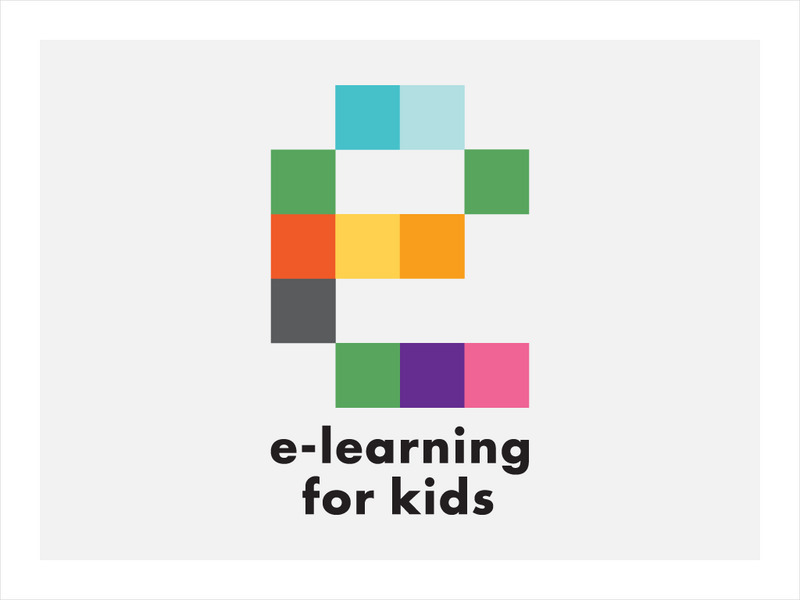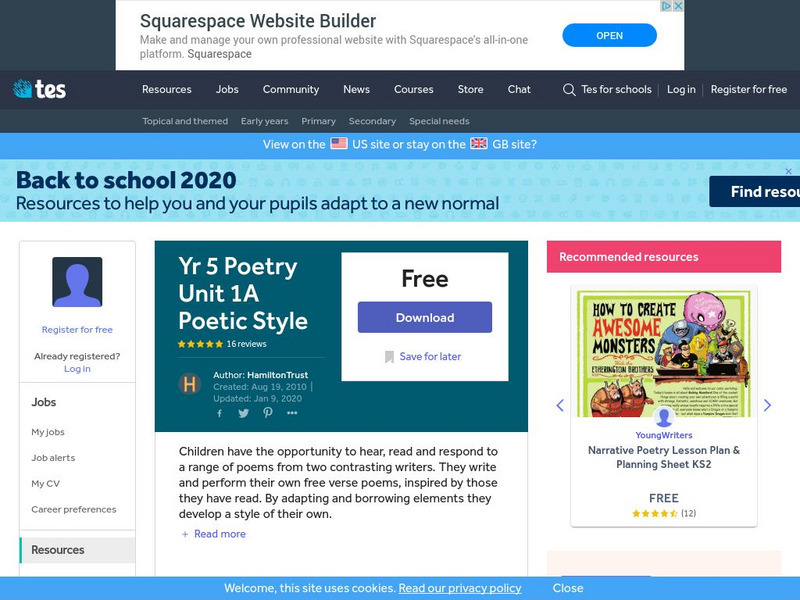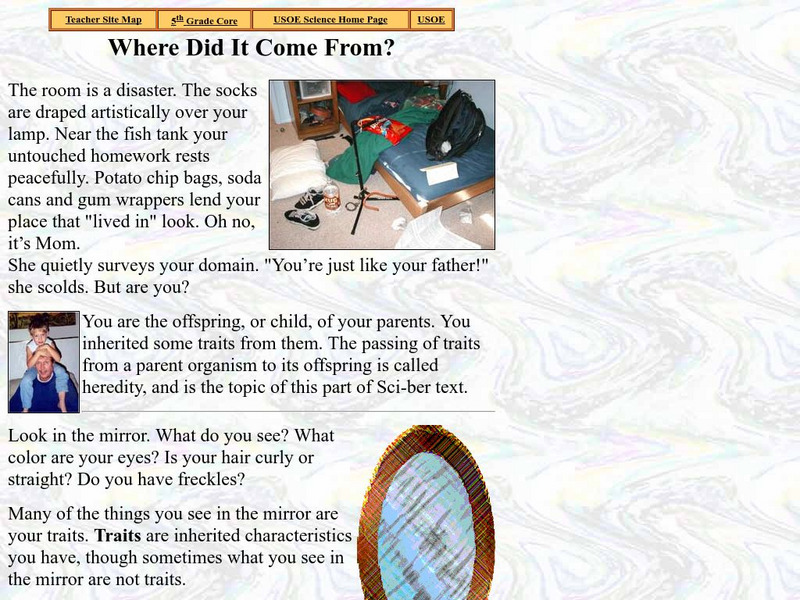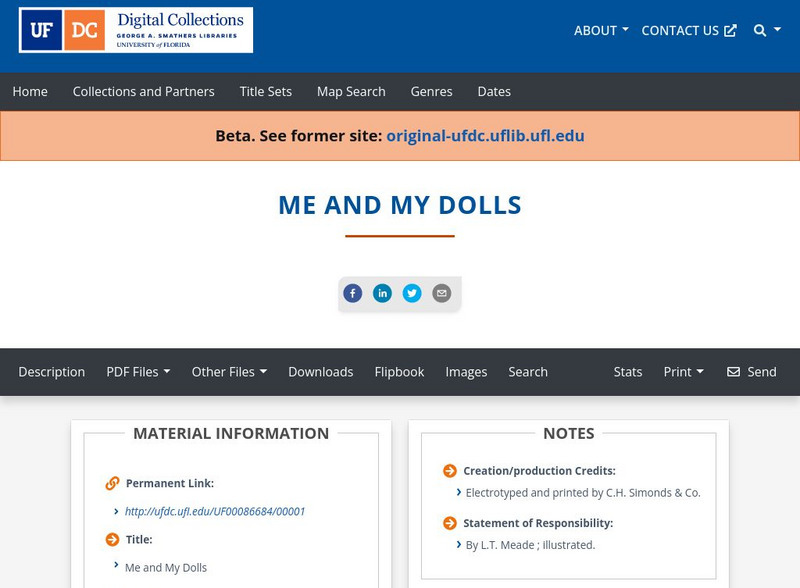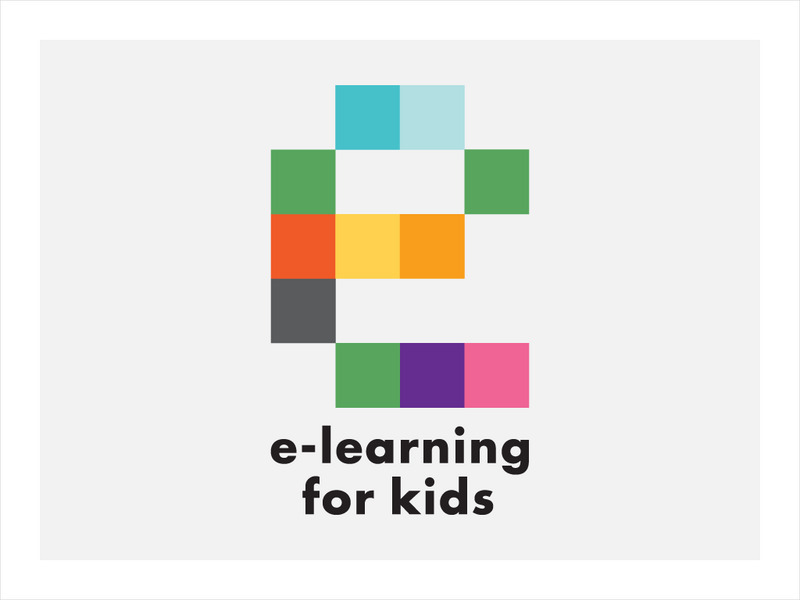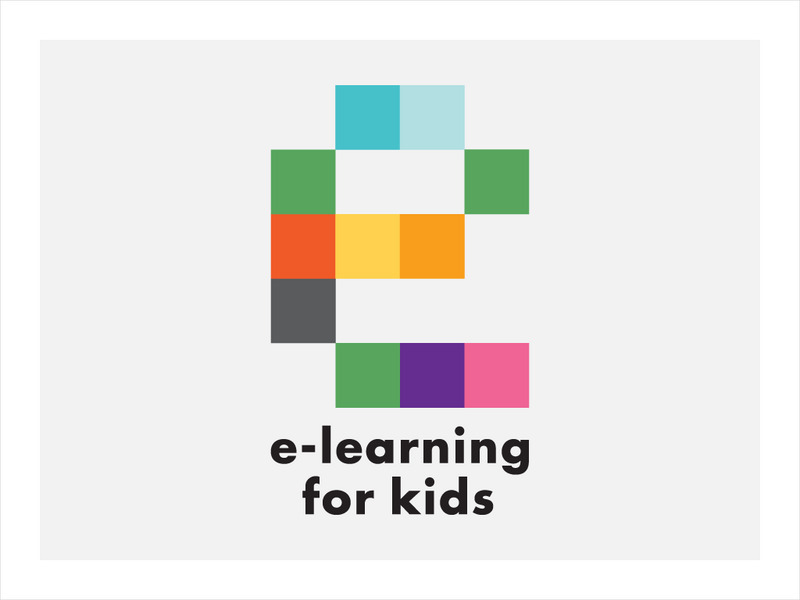Scholastic
Scholastic: Teachers: Student Interviews With Rosa Parks
Excellent questions from students, answered by African American civil rights activist Rosa Parks.
Beacon Learning Center
Beacon Learning Center: Making Change
Students can practice counting coins and making change in this interactive web lesson.
Chase Young, PhD
Dr. Chase Young, Ph D: Reader's Theater Script: A Christmas Story: Shoot Your Eye Out [Pdf]
A reader's theater script for a scene from Jean Shepherd's children's story, A Christmas Story: Shoot Your Eye Out, is provided on these pages. Five character roles are needed in this activity.
Chase Young, PhD
Dr. Chase Young, Ph D: Reader's Theater Script: Cinderella Bigfoot [Pdf]
A reader's theater script for Mike Thaler's children's book, Cinderella Bigfoot, is provided on these pages. Fifteen character roles are needed in this activity.
Chase Young, PhD
Dr. Chase Young, Ph D: Reader's Theater Script: Gary Paulsen's Lawn Boy [Pdf]
A reader's theater script for Gary Paulsen's children's book, Lawn Boy, is provided on these pages. Nine character roles are needed in this activity.
Chase Young, PhD
Dr. Chase Young, Ph D: Reader's Theater Script: What Do You Come For? [Pdf]
This resource is a reader's theater script adaptation of Alvin Swartz "Someone Named Eva" from Scary Stories to Tell in the Dark. Five character roles are needed in this activity.
PBS
Pbs Kids: Design Squad: Build: Balance Magic
See if you can balance a sculpture on the end of a toothpick!
Other
Official Robert Munsch Website
Delightful place to visit! Read a biography, listen to some of his stories, read some of his unpublished works, and look at art and stories by students who have written to Robert Munsch.
Quia
Quia: Capitalization Flash Cards
This site contains a flash card game with general rules for capitalization of proper nouns and adjectives. Students can choose their difficulty level.
E-learning for Kids
E Learning for Kids: Mediterranean Sea: How Long Does It Take for the Earth to Go Around the Sun?
Learn about the Earth's revolution and rotation in this module.
TES Global
Tes: Yr 5 Poetry Unit 1 a Poetic Style
[Free Registration/Login Required] This learning module engages students in analyzing different poems. A poetry unit overview, a poetry checklist, figurative language notes, sixteen poems and graphic organizers are included to help...
Utah State Office of Education
Utah Science: The Mysterious Force
There is a secret mysterious force in your home right this very moment! Try these activities to first identify that force and then extend your knowledge of the force by investigating the other activities provided.
Utah State Office of Education
Utah Science: Where Did It Come From?
Is your room a mess? Does your nose have freckles on it like your mom's? Are your eyes the same color as your dad's? Which one of these things does not belong in lessons about heredity? Give these investigations a whirl while learning...
American Museum of Natural History
American Museum of Natural History: Create Your Own Time Capsule
By making time capsules, we can decide what message to send to the future about our own lives. If it were discovered years from now, what would the objects say about you and the time you lived in?
American Museum of Natural History
American Museum of Natural History: Trip Up Your Brain
Try this trippy experiment to fool your brain.
Capital Community College Foundation
Guide to Grammar and Writing: Fragments and Types of Sentences
Ten questions asking students to identify the difference between complete sentences and sentence fragments.
University of Florida
Baldwin Library: Me and My Dolls
A scanned copy of the 1898 publication of Me and My Dolls by L. T. Meade, a fiction book for children.
E-learning for Kids
E Learning for Kids: Science: Iceland: What Is Electricity?
Go on a fishing trip with Martin and his grandfather. They use a lot of electrical equipment. Help him find out which items use electricity.
E-learning for Kids
E Learning for Kids: Science: Norway: What Happens When Parts of a Circuit Are Changed?
Join Mathias as he takes care of the electrical problems in his uncle's office. Help him figure it out, and fix the lights.
E-learning for Kids
E Learning for Kids: Science: Nova Zembla Expedition: How Are Different Organisms Suited to Their Habitats?
Alex and Foxy White are walking around looking at animals and learning about their habitats. Join them on their expedition.
E-learning for Kids
E Learning for Kids: Science: Titanic Shipwreck: What Are Food Webs?
Jorge is a cook in an underwater restaurant. He knows a lot about food webs. Dive in and learn about it with him.
Scholastic
Scholastic History Mystery: Civil Rights Movement: Game 2
Learning game in which students solve a mystery and complete the puzzle with the fewest clues in the Civil Rights category.
Beacon Learning Center
Beacon Learning Center: Grandpa's Game
An interactive learning tutorial helps students practice counting coins.
Polk Brothers Foundation Center for Urban Education at DePaul University
De Paul University: Center for Urban Education: Learn About Egypt [Pdf]
"Learn about Egypt" is a one page, nonfiction, reading passage about Egypt including its history and it's problems. It is followed by constructed-response questions which require students to provide evidence from the story; it includes:...


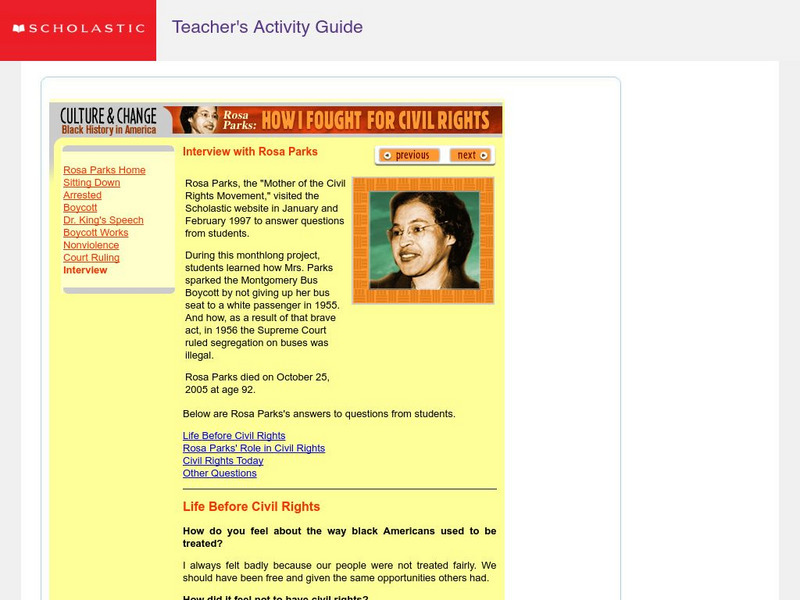
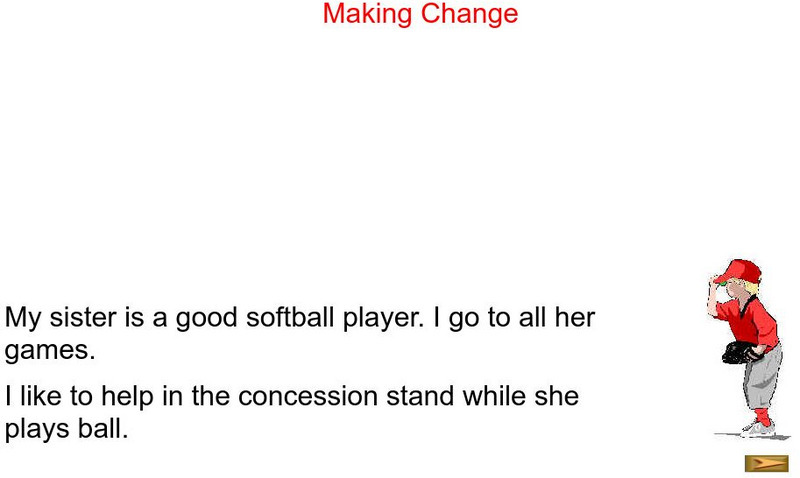
![Dr. Chase Young, Ph D: Reader's Theater Script: A Christmas Story: Shoot Your Eye Out [Pdf] Activity Dr. Chase Young, Ph D: Reader's Theater Script: A Christmas Story: Shoot Your Eye Out [Pdf] Activity](https://d15y2dacu3jp90.cloudfront.net/images/attachment_defaults/resource/large/FPO-knovation.png)


